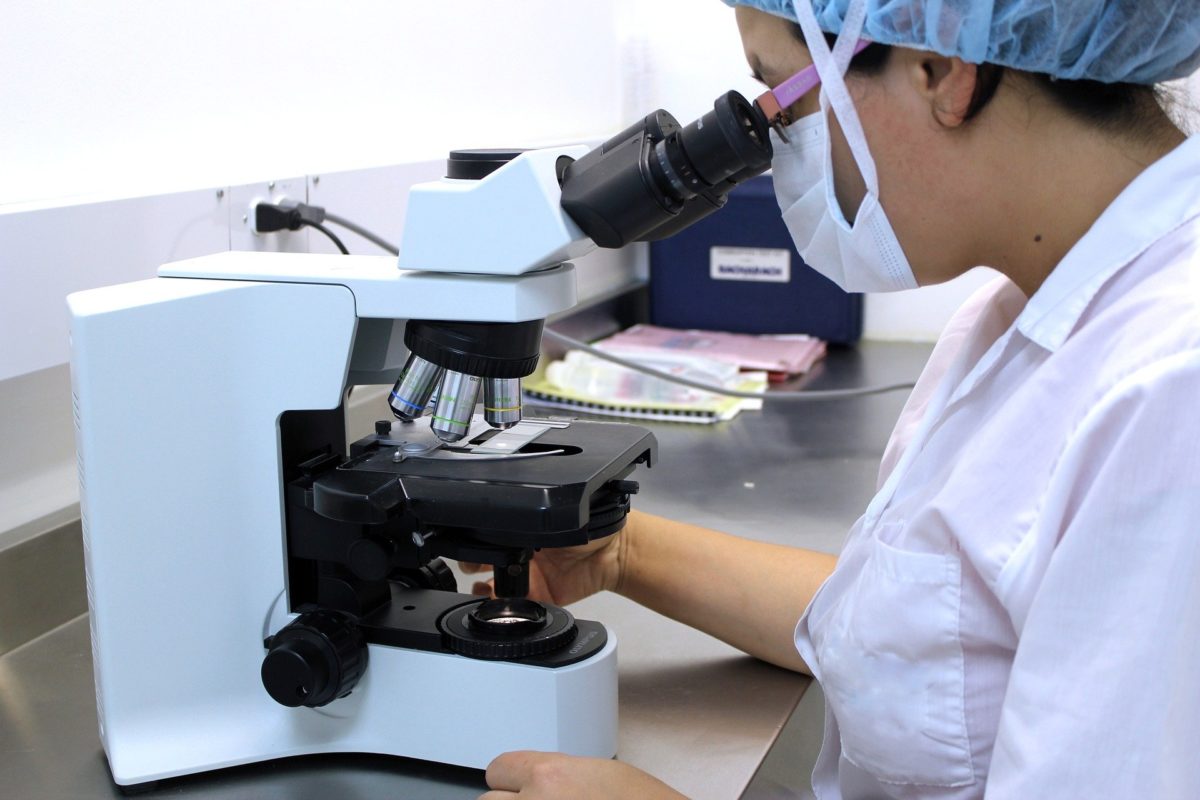New AgResearch chief executive Sue Bidrose has swapped the grey Octagon for the green fields of Lincoln, Stuff reported in a profile of the Crown research institute’s new boss.
The former chief executive of the Dunedin City Council grew up in Wainuiomata, in Lower Hutt, and had an aptitude for science, the article says.
Her first job out of school was as a lab technician with the Ministry of Agriculture and Fisheries at Wallaceville, in Upper Hutt. Along with the old Department of Scientific and Industrial Research (DSIR), that ministry was a predecessor of AgResearch, formed as a Crown research institute in 1992.
She says one of the side-effects of Covid-19 and the sudden drop in tourism is that agriculture and primary industries are the country’s top export earner again.
“Our job is to contribute to that by finding ways for farmers to do it better and cheaper with less impact on the waterways, and less contribution to climate change.”
She is the first female chief executive of any of the seven crown research institutes.
“Is that a big deal?” she asks. “In some ways. For me personally, no, because I am just what I am. A lot of people asked me what it was like being the Dunedin City Council’s first woman chief executive. Of course, I didn’t know because I’ve never been a man one.
“People think of councils, and AgResearch, as male-dominated institutions but actually 53 per cent of our staff here are women. Just over half of our board are women. And increasingly women have been on the boards of crown research institutes, just not yet as chief executives.
“I think management and senior management are relatively late coming to the party for women. That might be why I’ve done two in a row, but that was certainly never my intention.”
When announcing Sue’s appointment, AgResearch said her science background, proven operational and strategic experience and strong understanding of local government meant she was ideally placed to lead the research institute with 700 staff and four New Zealand campuses.
Source: Stuff












